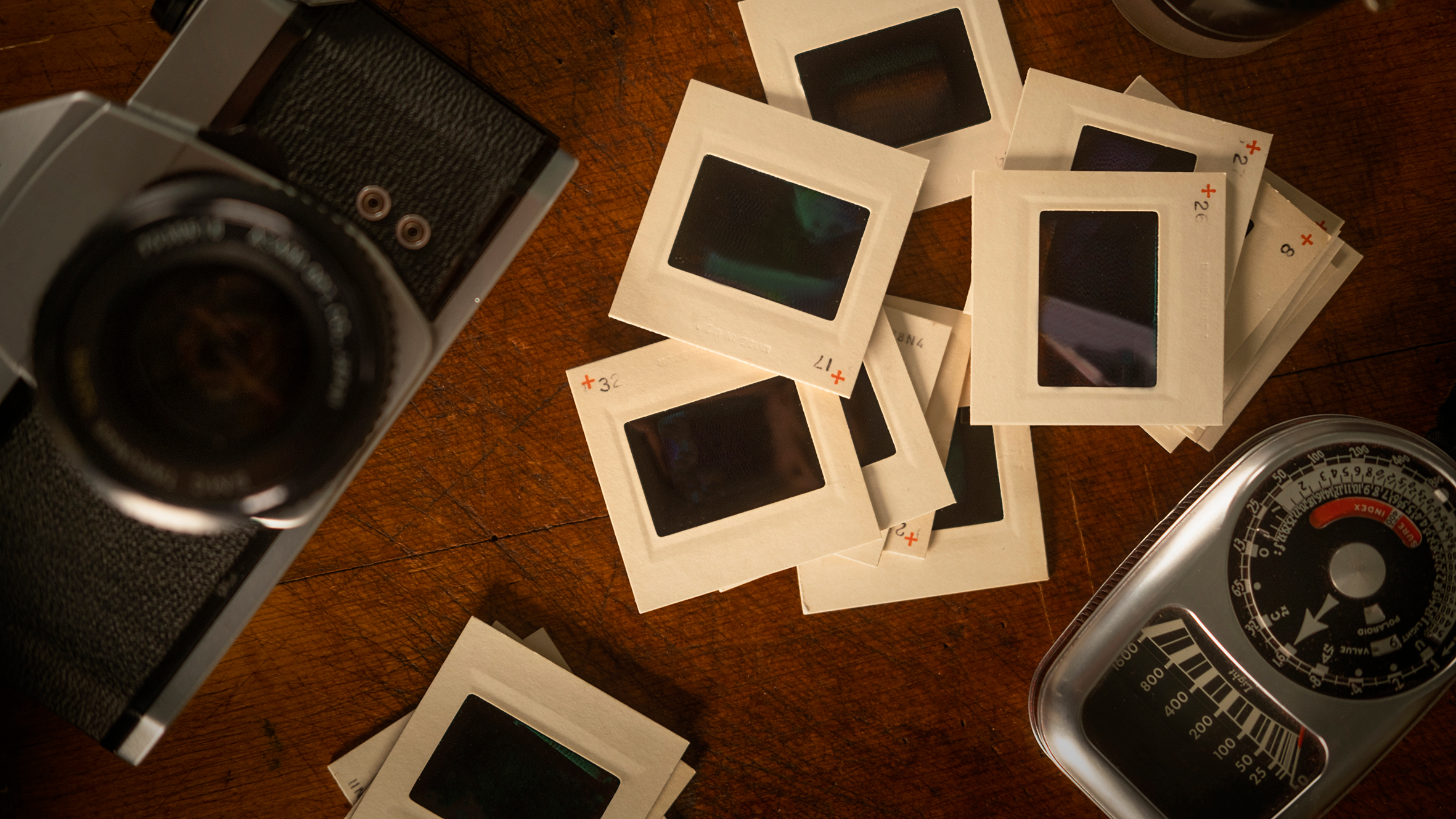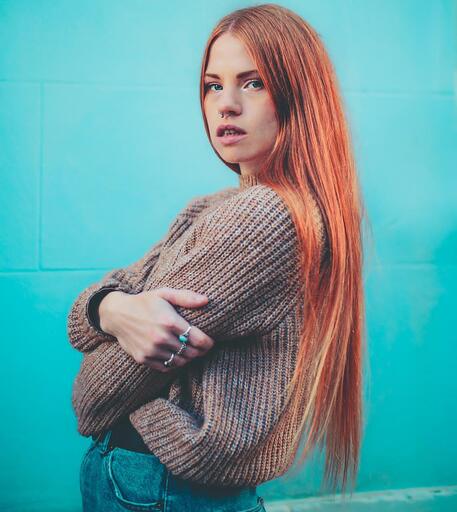Are light meters pointless or am I just lazy?
Light meters have been around for decades but I've never felt the need to use one and I probably never will – here's why

I’ve been a photographer for more than five years and not once have I ever felt the need to use a light meter. Disclaimer: I mostly shoot digital and when I shoot film I don’t really shoot flash but I've always managed to get by without one and I don't see that changing any time soon.
If you shoot with one of the best mirrorless cameras you can automatically see the exposure settings either through the viewfinder or on the screen. Granted, if you’re using one of the best photography lighting kits the flash will change the exposure you see but if you shoot regularly, you probably know roughly what settings you need and can just make minor adjustments. For me personally, a light meter is an expense I can live without and I would rather just fire a few shots off to get my exposure correct.
• Read more: 10 pieces of camera equipment every photographer should have
Now it’s not like I don't understand their use. If I shot a lot of film with flash, the last thing I would want to do is wait until I got the photos developed to find out they were all under or overexposed. But if I'm shooting with my trusty Nikon FM2 or even my Canon AE-1 (which I don't use enough) it's usually with natural light and there is a built-in light meter that I can use to judge the right exposure.
For those photographers that are almost strictly analog shooters, yes, use a light meter to your heart's content. However I shoot mostly using a Sony A7 III and have been practicing photography long enough to know roughly what to set my ISO/shutter speed and aperture to depending on the power of my flash. I also find that sometimes there is an element of fun about the trial and error way of getting the exposure right. You can end up with a look you never intended but that actually looks better than you could’ve imagined.
In all walks of life, I’m a bit of a wing-it kinda girl. Not once have I ever read a manual for something (other than Ikea furniture because that would be a losing battle) and I’ve always managed to suss out what to do. It’s kind of the same with light meters. Why buy one when I can just get straight to the shooting – it really takes no time at all to adjust camera settings.
The best light meters aren't exactly cheap, the popular Sekonic L-308X will set you back $220/£190 - to me, that’s several new backgrounds, money towards a new lens, some extra props for my product photography or extra to spend on film and developing costs, which are on the rise.
Get the Digital Camera World Newsletter
The best camera deals, reviews, product advice, and unmissable photography news, direct to your inbox!
Maybe if someone just gave one to me I would use it but I’m inclined to think not. I love photography but I am a lazy photographer. I enjoy scouting out locations and planning complex collaborative shoots but when I’m on set I like to get straight to it and not faff with making everything perfect first. The element of surprise keeps life exciting and I'm here for it.
Read more:
Best Sony cameras
Best film cameras
Best 35mm film, roll film and sheet film
Best Sony lenses

Having studied Journalism and Public Relations at the University of the West of England Hannah developed a love for photography through a module on photojournalism. She specializes in Portrait, Fashion and lifestyle photography but has more recently branched out in the world of stylized product photography. Hannah spent three years working at Wex Photo Video as a Senior Sales Assistant, using her experience and knowledge of cameras to help people buy the equipment that is right for them. With eight years experience working with studio lighting, Hannah has run many successful workshops teaching people how to use different lighting setups.
